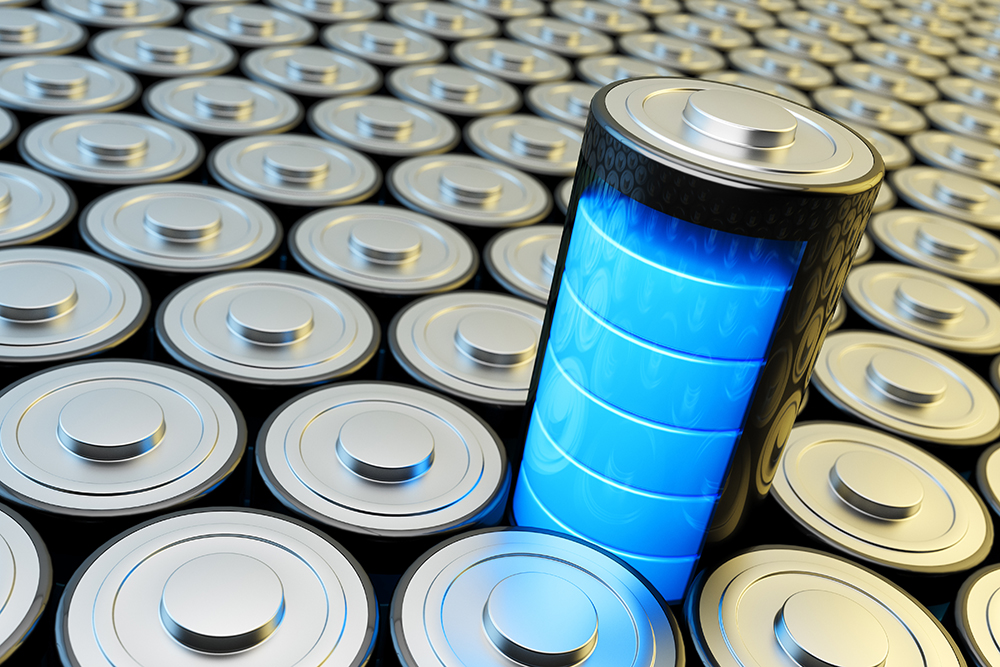DLR Stuttgart has announced that it will coordinate an effort to determine the potential of the so-called calcium-sulfur (Ca-S) battery as an alternative to lithium-ion batteries. The CaSino project, conducted by a consortium of five research institutions, two industrial companies and an industrial advisory board, is being funded with 3 million euros by the German Federal Ministry of Education and Research (BMBF).
According to DLR, calcium, like lithium, has a high storage capacity and cell voltage, but is far more abundant and less costly and safer in terms of short circuiting. The greatest challenge is the formation of surface layers when in contact with air, moisture or even the electrolyte used in the battery. These oxidized surfaces block ion diffusion in the long term, preventing efficient charging and discharging. The development of a compatible electrolyte is critical, says DLR, as well as preventing blockage of the Ca anode by soluble polysulfides generated by the sulfur cathode.
The three-year project has set the goal of achieving significant progress in cycle stability and energy density of calcium-sulfur batteries through innovative material development, accompanied by experimental investigations, advanced analytical methods and extensive modeling work.
Source: DLR



















































